Northern Vietnam
Hanoi Captital
Mai Chau
For nature lovers visiting Sapa, Giang Ta Chai Village is an absolute must-see. Join Fola Travel as we explore this poetic destination in this article!
Giang Ta Chai Village is located in Ta Phin Commune, just about 11 kilometers from Sapa Town center. This captivating destination is enveloped by a vast primeval forest, displaying a rich tapestry of flora and fauna, as well as an intriguing system of caves. Among them, the terraced fields cascading across the hillsides are a highlight of Giang Ta Chai Village.
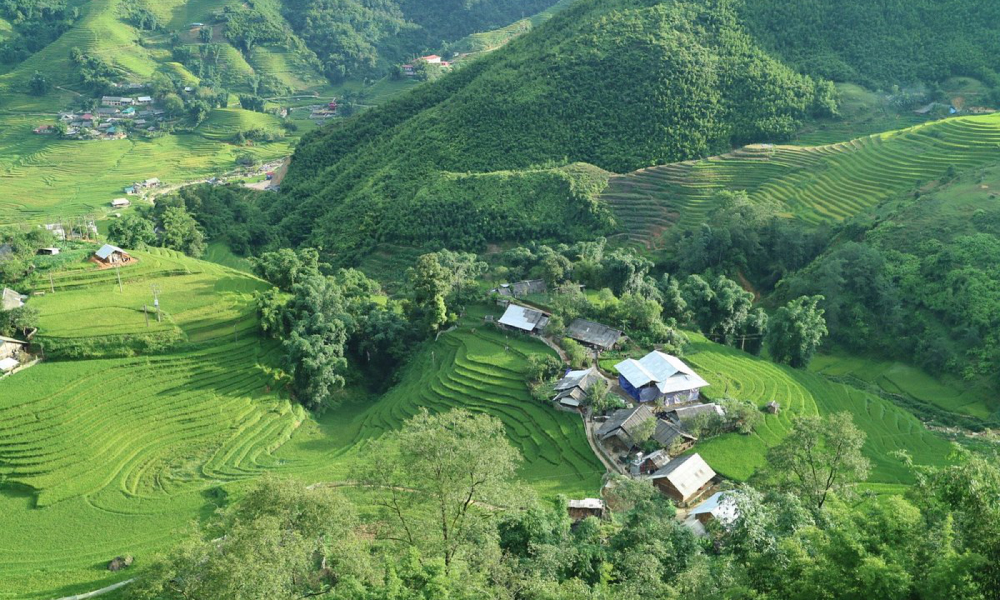
This village is home to the Red Dao people, known for their simple lifestyle centered around farming and traditional crafts like brocade embroidery, silver inlay, forging, jewelry making, and more. Coming here, visitors can not only admire the breathtaking scenery and enjoy exciting activities but also gain deeper insight into the unique lives of the Dao community.
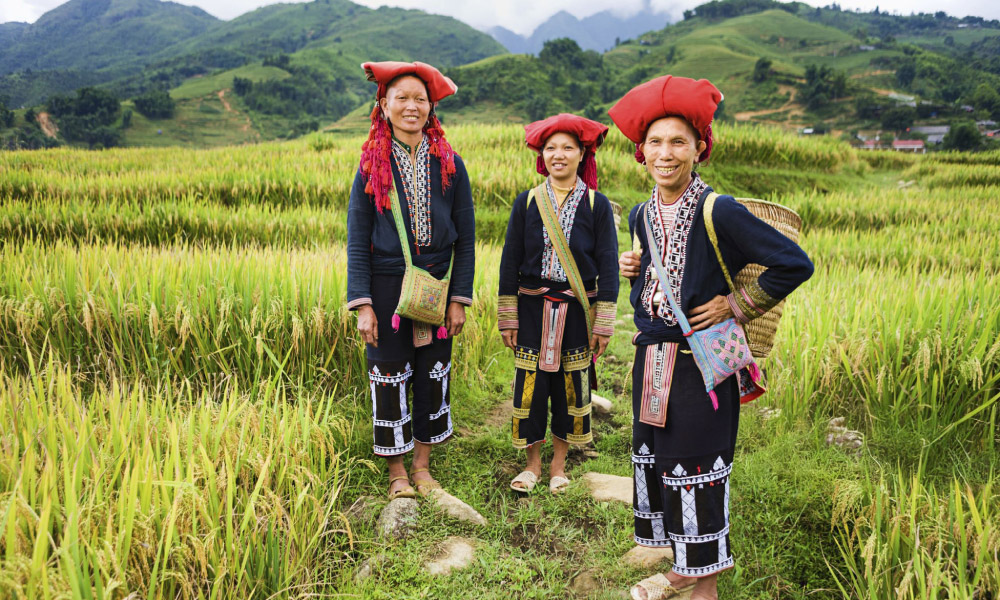
Since Giang Ta Chai is not far from the center of Sapa Town, getting to the village is quite straightforward. From the town, you simply follow Muong Hoa Road and Provincial Road 152 (TL152) to Ta Van Village, then continue straight to reach Giang Ta Chai.
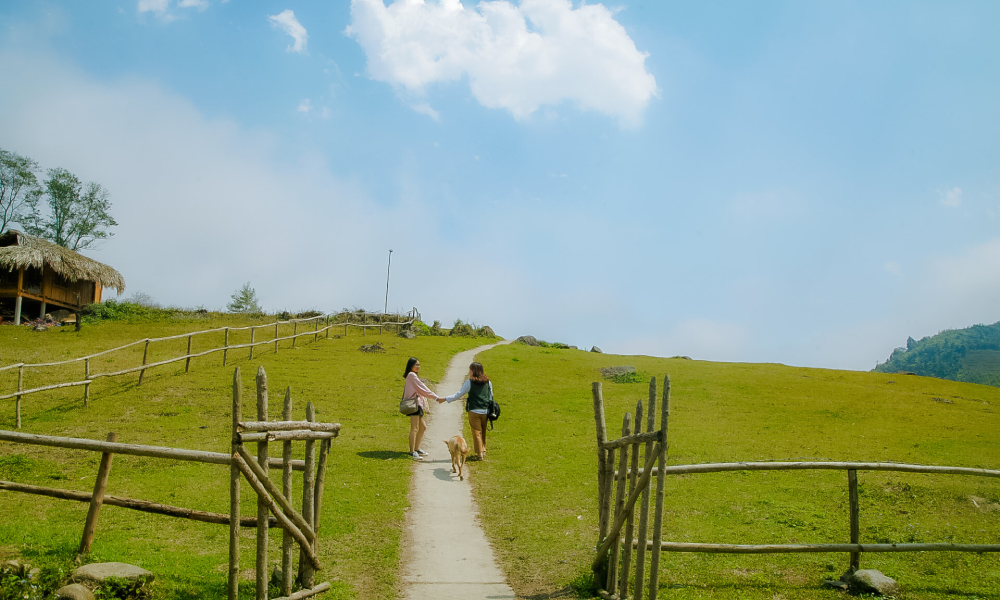
If you’re a first-time visitor to Sapa or prefer not to navigate on your own, consider booking a tour with Fola Travel. Our Sapa tours offer comprehensive packages, including Hanoi – Sapa shuttle services, meals, and accommodation in Sapa Town. With itineraries expertly designed by our travel specialists, we’ll ensure you enjoy a comfortable and relaxing vacation amidst Sapa’s stunning natural beauty.
See more: All-inclusive Sapa tours for 2025 vacations.
Embraced by mountains and primeval forests, Giang Ta Chai Village, like many other charming Sapa destinations, greets visitors with a consistently cool and pleasant climate all year long.
The terraced fields stretching far and wide are a major highlight of Giang Ta Chai Village, attracting domestic and international tourists here.
To truly appreciate their beauty, visitors should plan their trip in the fall, from September to November. This is the rice harvest season, when the fields transform into a breathtaking golden painting, appearing as if sunlight has gathered on the hillsides. It’s a sight that will surely amaze you.
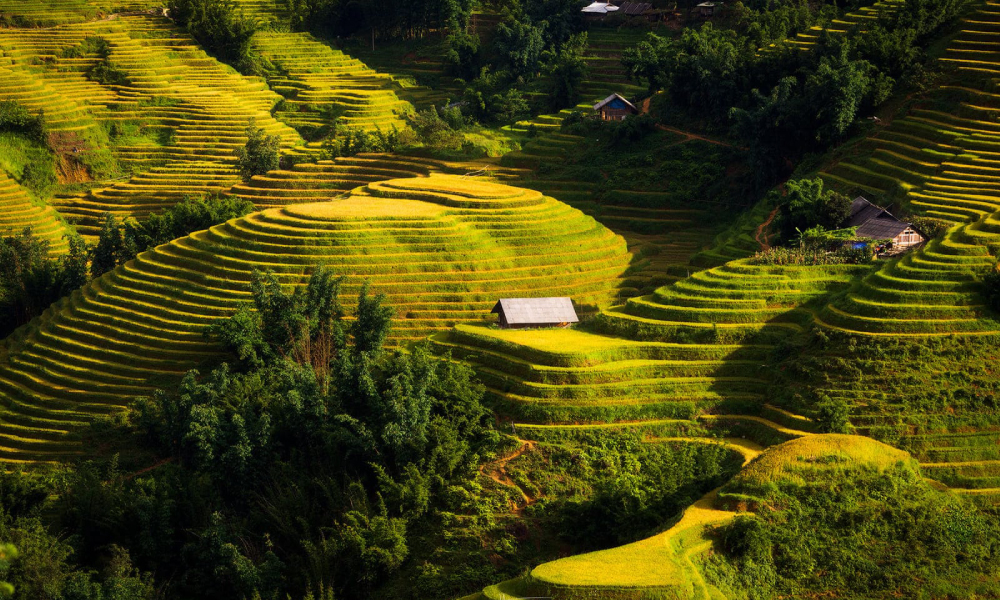
Many visitors are drawn to Giang Ta Chai Village during late winter and early spring (December to March) to experience its unique, poetic charm. With the arrival of spring, the landscape becomes vibrant with the pink wild peach and pristine white plum blossoms, gently framing the simple stilt houses.
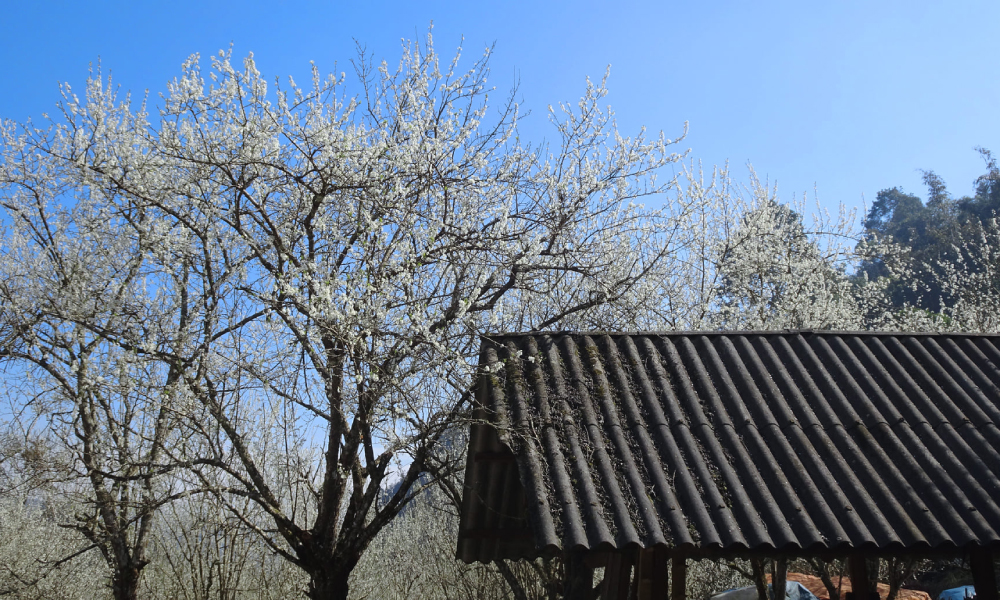
The beginning of the year also coincides with the Put Tong festival, a significant Red Dao ethnic celebration. It’s an important event where the community gathers to pray for a prosperous new year, providing a wonderful chance for visitors to delve into the rich customs, traditions, and beliefs of Giang Ta Chai’s ethnic residents.
Giang Ta Chai is renowned as one of Sapa’s most stunning trekking routes. As you walk along the winding white stone paths encircling the poetic Muong Hoa Valley, through cool green bamboo groves, and up the high hills, you’ll witness firsthand the immense beauty of this natural landscape.
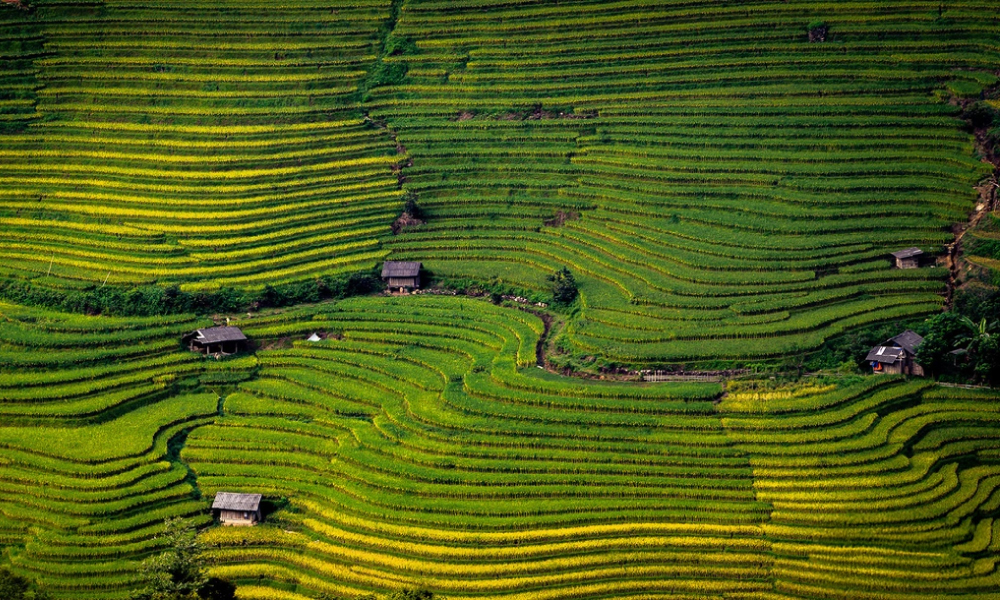
In the distance, you can spot the small, charming tiled-roof stilt houses hidden among the picturesque terraced fields. There, the Dao ethnic people diligently work on their farms, water their vegetables, or weave on looms. The rustic beauty of everyday life here offers you a strangely peaceful feeling.
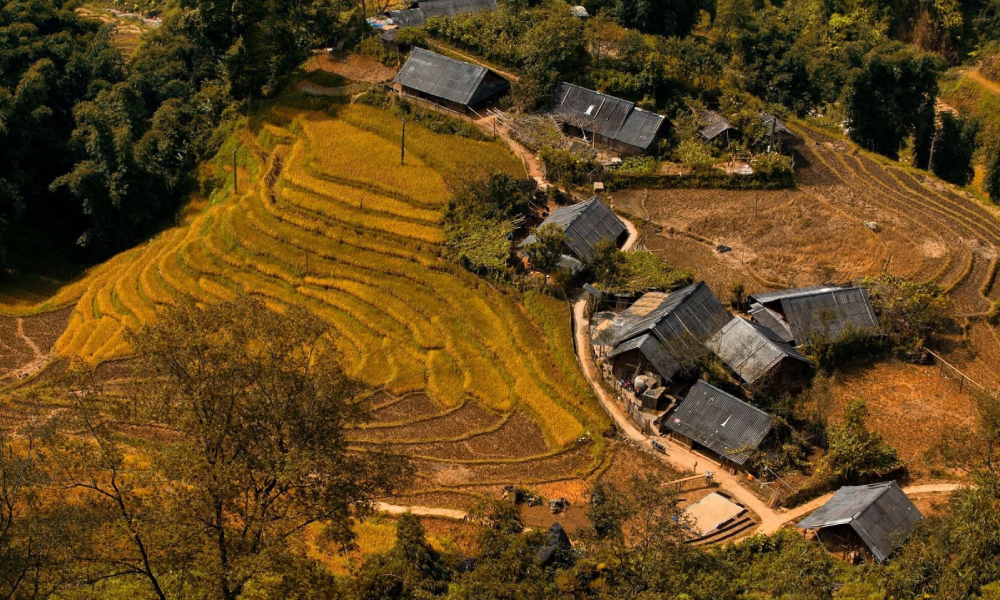
Visitors to Giang Ta Chai Village can savor unique local specialties, each infused with the distinct taste of the mountain’s ingredients and spices. While dishes such as salted pork, stream fish, and grilled pig’s stomach seem unusual at first, countless visitors have found themselves captivated by their wonderful flavors after just one bite.
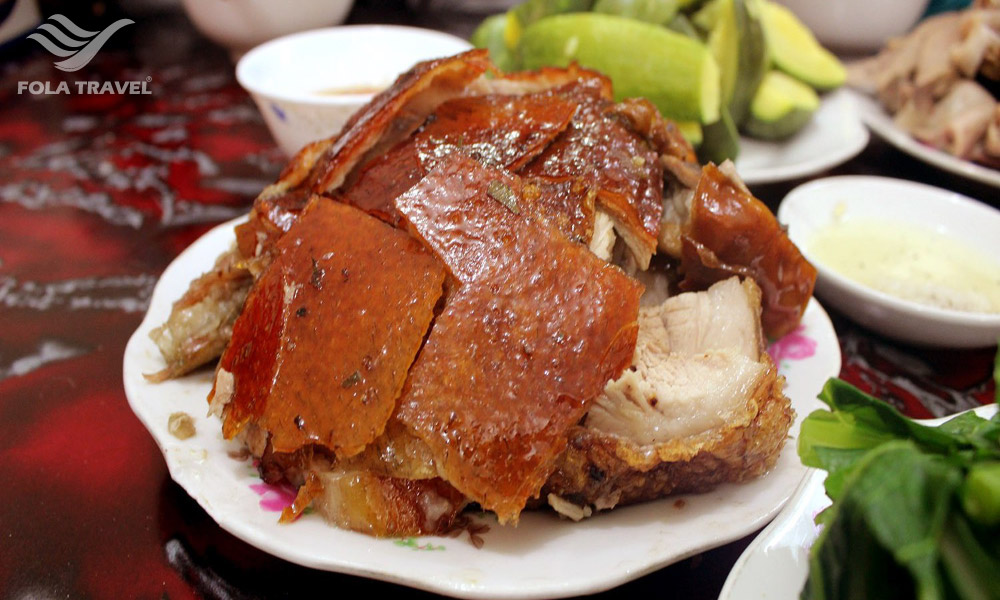
Sapa actually has two May Bridges: a newer one in Ta Van Village and the historic May Bridge in Giang Ta Chai. Made entirely from rattan and forest wood, this bridge gracefully spans across the poetic Muong Hoa River.
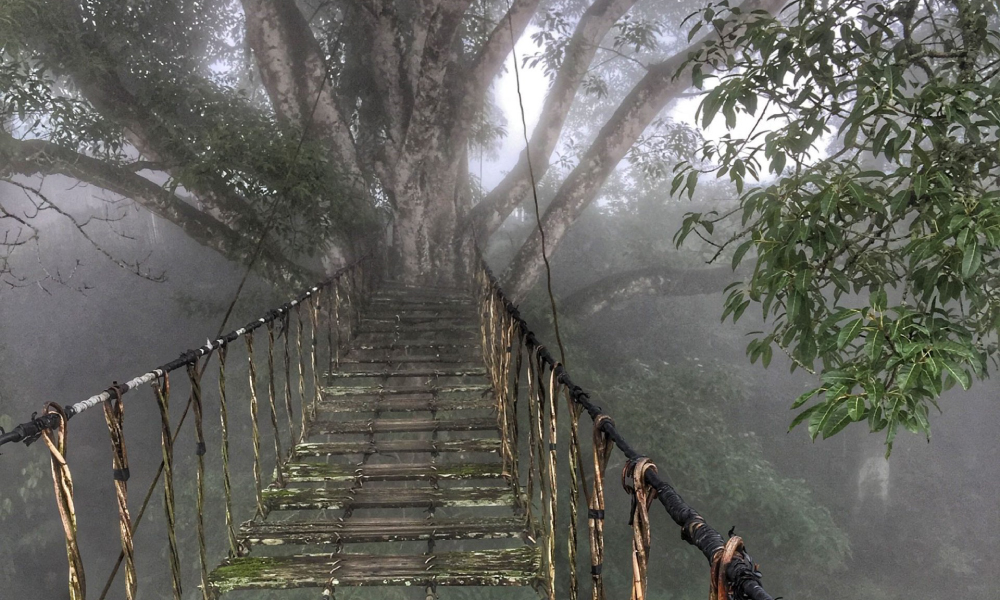
Over a century old, the May Bridge stands as a significant symbol of Giang Ta Chai Village and a beloved spot for tourists to capture memorable photos.
Flowing for over 5 kilometers from the Muong Hoa Valley, the Muong Hoa stream passes under the May Bridges, meandering through Lao Chai – Ta Van Villages before arriving at Giang Ta Chai. Its crystal-clear waters and the joyful sound of the flowing current make it a beloved spot for both locals and tourists seeking refreshment on hot summer days.
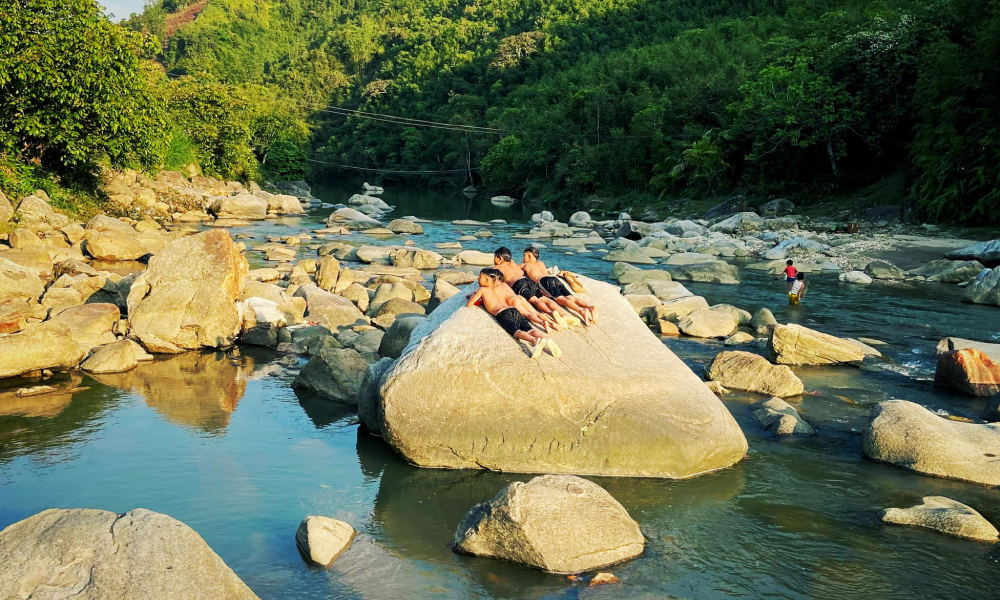
When visiting Giang Ta Chai Village, don’t miss the weekend markets or souvenir shops. Here, you’ll discover a variety of mountain specialties, rice wine, and dried agricultural products, alongside sophisticated handmade brocade and woven fabrics.
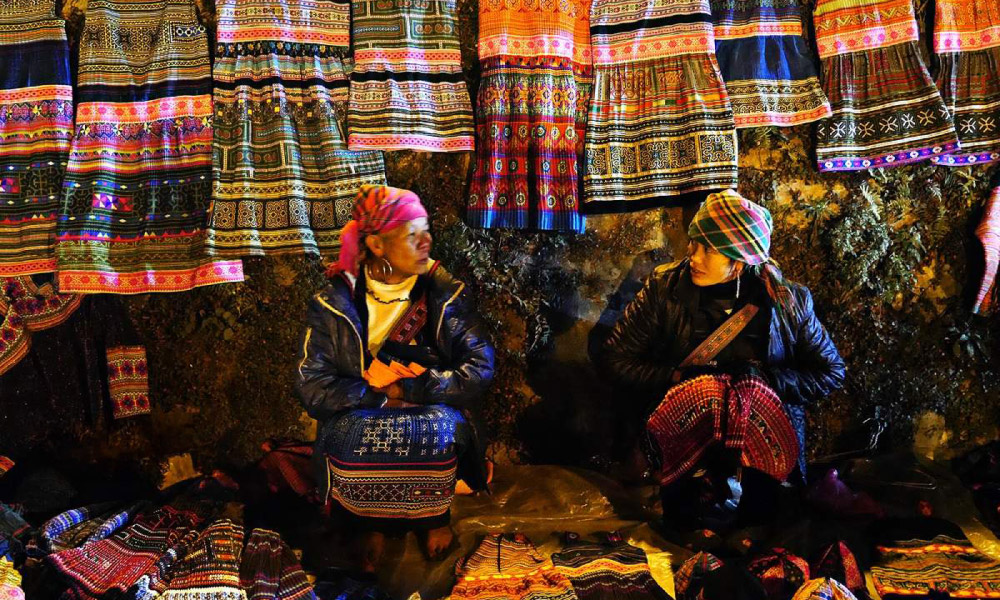
Walking around the market, visitors can find beautiful gifts for their loved ones and also experience a different facet of life in Giang Ta Chai: a vibrant, bustling atmosphere that remains wonderfully rustic and charming.
Sapa Town is your perfect starting point for discovering the unique ethnic villages and stunning mountain scenery of the Northwest highlands in Vietnam.
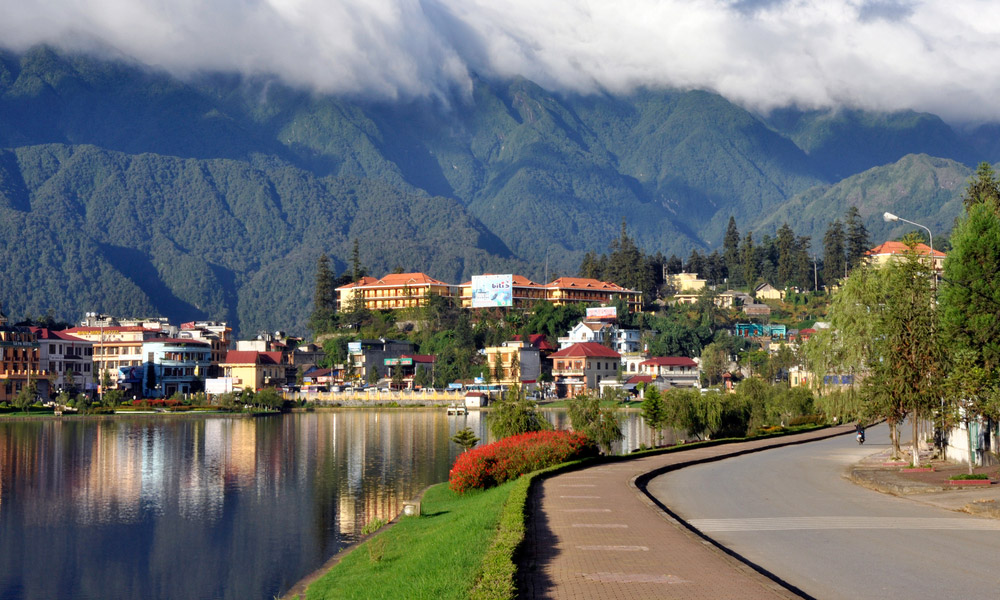
These are Sapa’s two largest villages, where you can soak in the incredible beauty of golden terraced rice fields, dreamy valleys, and rustic stilt houses. Plus, you can join in fun traditional activities and learn more about the unique culture of the local people.
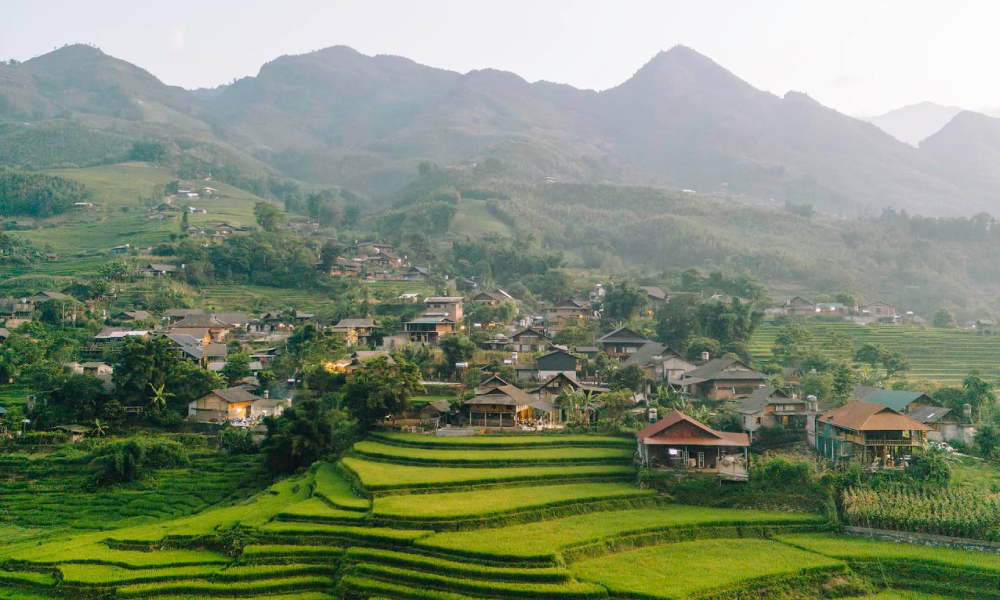
Hoang Lien National Park, known as one of Vietnam’s richest places for biodiversity, stretches across four lovely Sapa villages: Ban Ho, Ta Van, Lao Chai, and San Xa Ho. It’s an ideal spot for anyone wanting to explore the natural beauty of the Northwest mountains and forests.
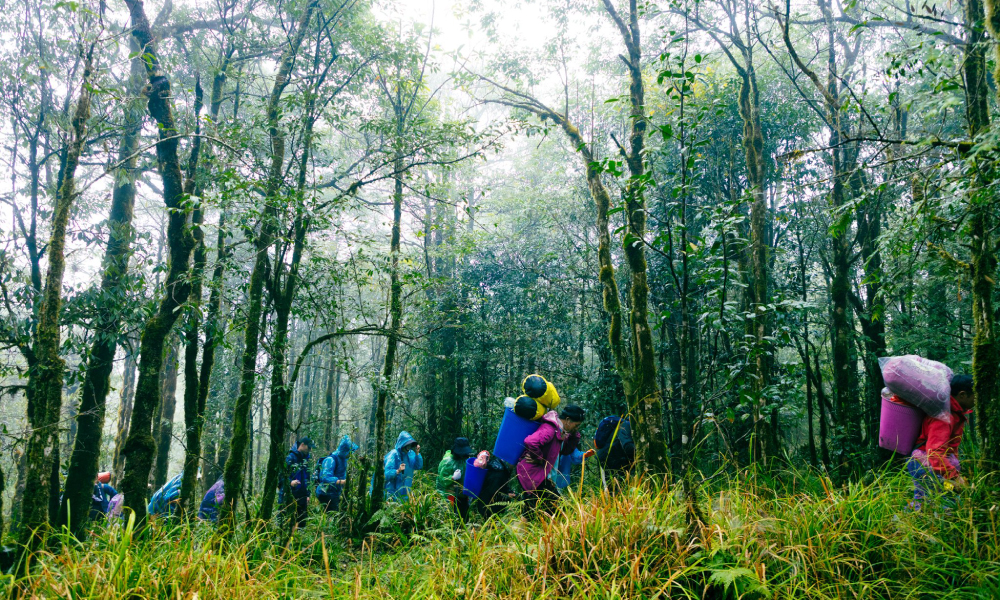
Just about 3 kilometers from Sapa Town Center is Cat Cat Village, a popular tourist spot known as the most beautiful village in the Northwest mountains. Cat Cat Village charms visitors with the simple beauty of its wooden houses and gentle streams.
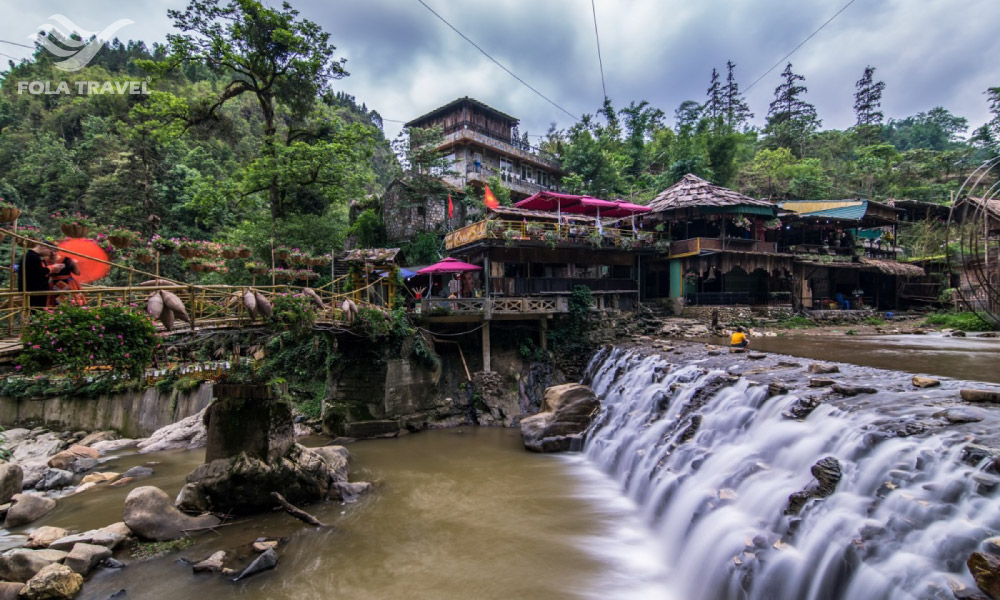
As Vietnam’s tallest mountain, Fansipan has become a legendary peak many people dream of conquering. The reward for reaching its summit is incredible: a breathtaking view of Sapa’s magnificent mountains and forests, as well as the beautiful Muong Hoa Valley far below.
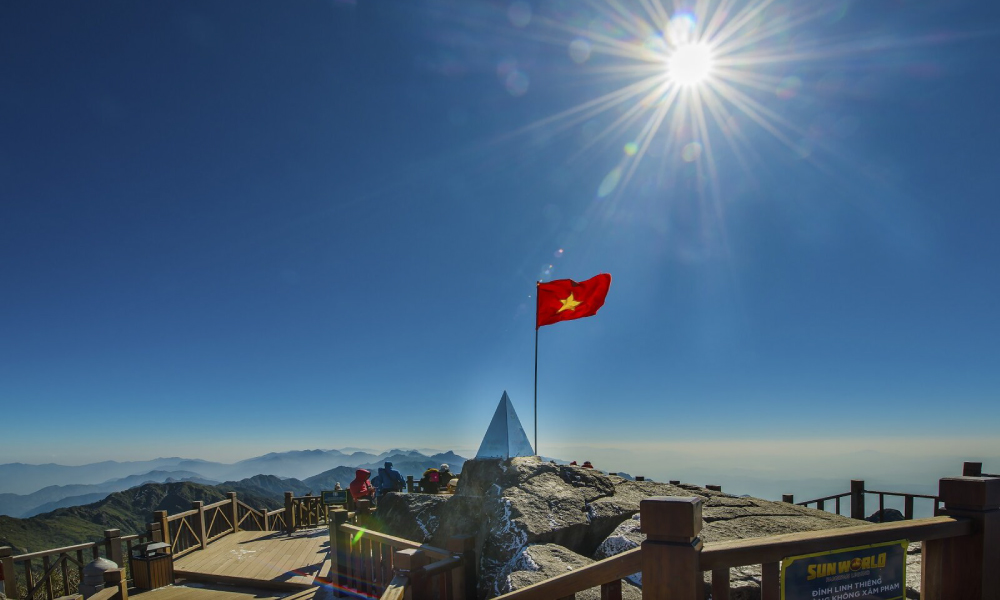
SHARE YOUR OPINION